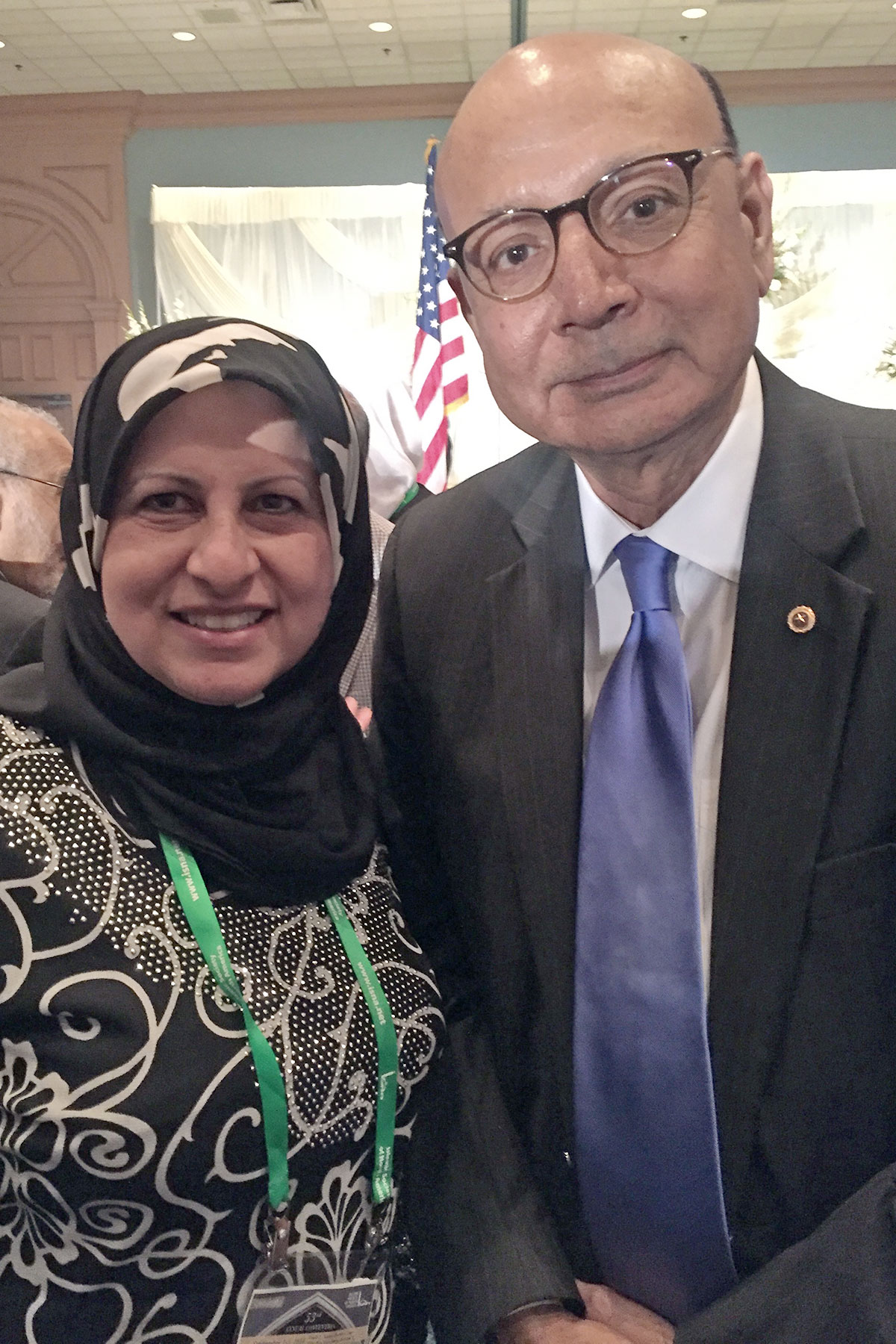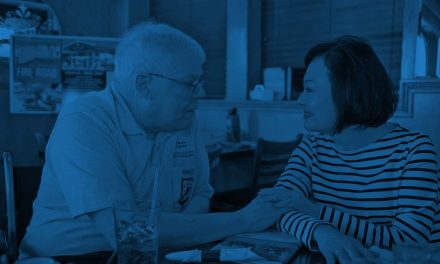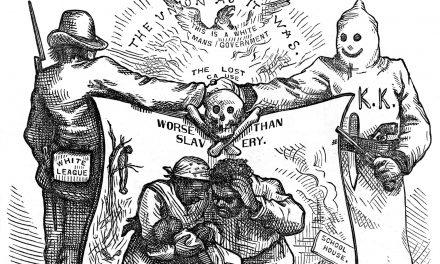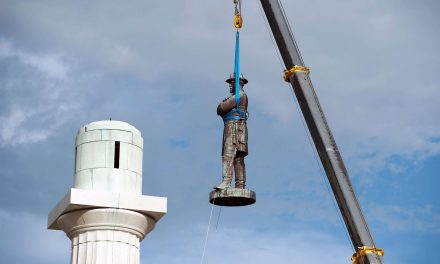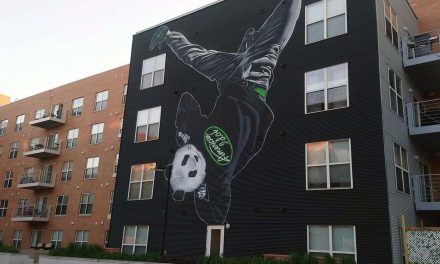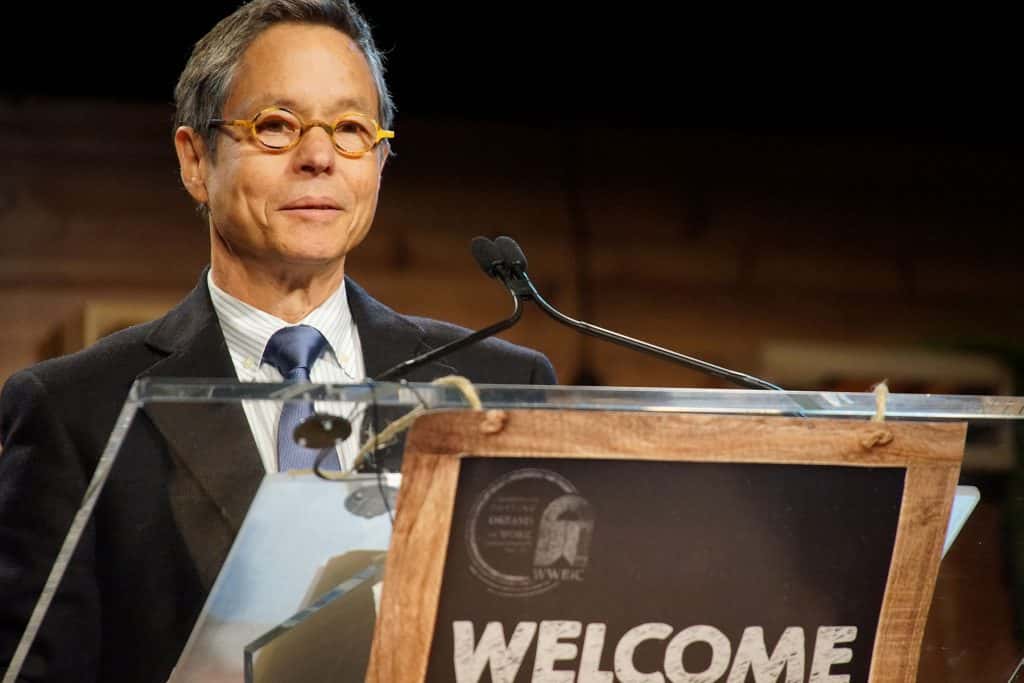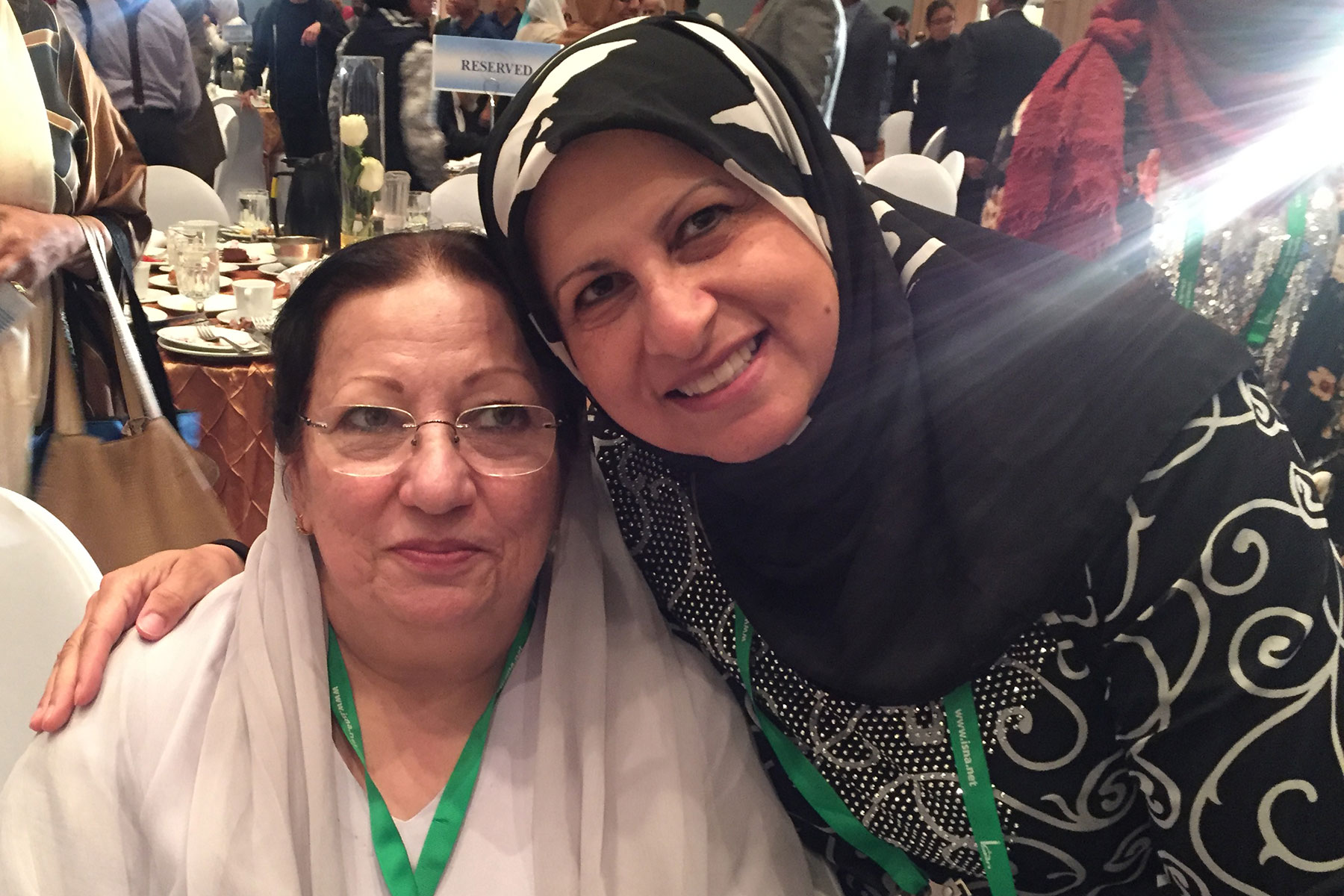
This essay is part of a series that explores the Muslim community in Milwaukee. The Milwaukee Independent previously published an extensive interview with Janan Najeeb. It was an effort to help our readers better understand the people of Islamic faith who live in the city, and address questions that were not the usual fear-based reactions to news events. As a result of the positive impact and popularity of Najeeb’s profile, the Milwaukee Independent invited her to offer a continuing editorial voice about our Muslim neighbors and their shared stories from the community.
The Labor Day weekend tradition for the Najeeb family has always been to pack our bags and travel to the annual Islamic Society of North America’s convention (ISNA).
This year it took place in Rosemont, Illinois at the Donald E. Stephens Convention Center. On occasion it has been held in other cities, but the Chicago area usually hosts the most successful and best attended gatherings.
Chicago is home to a large number of Muslims and for those traveling a long distance, O’Hare airport is a convenient hub that avoids the hassle of a connecting flight. For Milwaukee residents, it is usually just a 90-minute drive.
The convention is an opportunity to listen to nationally known speakers, attend workshops on a variety of issues relating to the Muslim community, and shop at the convention bazaar that hosts over 400 exhibitors that sell the latest hijab fashions, ethnic clothing, books, music, and a vast variety of Islamic art and crafts. ISNA routinely draws up to 40,000 attendees.
The 53rd annual convention for 2016 had a very different feel. Speakers, organizers, and even entertainers referenced the very polarized political atmosphere that we, as Americans, are currently living in.
Many in attendance referred to the racist, Islamophobic, misogynist, and anti-immigrant vitriol that has been used by some individuals running for elected office for political gain.
They also had the realization that this mainstream presentation of hate would have long term repercussions no matter who won the 2016 presidential election. For perspective, many referred to our nation’s history of intolerance, reminding us that we are not the first group to face such bigotry.
Highly anticipated speakers were Gold Star parents, Khizr and Ghazala Khan, the parents of U.S. Army Captain Humayun Khan who was killed in Iraq in 2004. The Khan’s rose to international attention after appearing at the Democratic National Convention. Khizr Khan was invited to speak, and offered a strong rebuked of Donald Trump’s comments regarding Muslims and immigrants.
“Have you even read the United States Constitution?” Khan asked. Ghazala Khan stood silently at her husband’s side, clearly pained by the large photo of her deceased son.
Donald Trump, rather than acknowledging her emotion and sacrifice, used her silence as an opportunity to promote tired stereotypes regarding Muslim women, implying that her husband or her faith prevented her from speaking.
The appearance of the Khans on stage at ISNA brought the entire convention hall to their feet. Ghazala Khan spoke first and explained the obvious, what mother would not be emotional at the sight of her deceased child?
The audience learned what a selfless and kind son Humayun was, and his mother’s plea for him to come back alive, not a hero. Ghazala spoke of how her strong faith helped her through the tragedy of his dͼath, and how she may have lost one son but the tremendous outpouring of support from across our great nation has given her thousands more.
Khizr Khan spoke about how he believed that Donald Trump realized that his racist and bigoted statements against Muslims and immigrants were appealing to a segment of society that needed a scapegoat for their economic challenges. And Trump exploited these fears even though he has real estate holdings and businesses in Muslim countries.
Attendees were encouraged by Khizr to remain proud Americans and proud Muslims. He looked out at the sea of faces and reminded everyone that they are the best of America. They represent strong family ties, commitment to higher education, patriotism, service, and civil rights. He told the audience that even if there are those people that promote a God that discriminates against His own creation, and hates the people they hate, Muslims will always believe that every human being deserves dignity, respect, equal rights, and justice.
One of the more surprising speakers at ISNA was also the highest-ranking government official to address the large gathering of American Muslims. Jeh Johnson, the Secretary of the Department of Homeland Security, elicited a variety of reactions from the crowd.
Like many others in attendance, I was not sure if his presence was meant as a direct insult to the Muslim community, or an attempt to make amends. There were a number of people who walked out when he was brought on stage. A group of protestors held signs condemning many of DHS’s ill-conceived policies that have harmed countless innocent American Muslims and other immigrants.
Thousands of other attendees, including my family, decided to stay and listen. Secretary Johnson began by acknowledging the discrimination and vilification that Muslims were currently facing. His message was very personal, and he drew a clear distinction between the faith of Islam, a religion founded on peace, and those that “claim the banner of Islam” for their own political motivations.
“Tonight, I will not look at the large group of Muslims before me in this room through a homeland security lens. Tonight I will not talk to you about counterterrorism. Tonight I will simply address you as who you are, my fellow Americans. Your struggle for full acceptance in this country is one you will win. I look out on this room of American Muslims and I see myself. I see a similar struggle that my African American ancestors have fought to win acceptance in this country,” said Secretary Johnson.
He then told the story of Dr. Charles Johnson, the son of an emancipated slave, a World War I veteran, a prominent sociologist, the president of Fisk University in Nashville, and a public champion of Civil Rights for African Americans. Yet in the era of McCarthyism and the Red Scare, regardless of all of Dr. Johnson’s achievements, he was called to testify in Congress before the House Un-American Activities Committee in 1949. He had to prove that he was not a Communist and that his loyalty was to America. The House Un-American Activities Committee was eventually abolished, but today the Homeland Security Committee holds its hearings in that very same room of the Cannon House Office Building on Capitol Hill in Washington.
Dr. Charles S. Johnson worked tirelessly for Civil Rights until he died, a second-class citizen in the Jim Crow South. He did not live to see the fruits of his struggle for equality, but he never lost faith in this country. Dr. Charles Johnson was Jeh Johnson’s grandfather.
Secretary Johnson ended his speech by telling the audience that he understood their frustration at being viewed with fear and suspicion by fellow Americans. He criticized those that were fomenting fear of Muslims for political gain, which simply repeated the mistakes of history. He asked the attendees to have faith in the character of Americans and their ability to make the right decision. He said “if you know American history, take comfort in learning from it.”
The convention hall erupted into a thunderous applause. I was very happy that my children were there to listen to Ghazala and Khizr Khan, Jeh Johnson, and many other speakers. Because I remain hopeful that one day they will be able to tell their children of a time in history when Muslims were vilified, and the many people of various backgrounds fought against the hate with love and acceptance.
Janan Najeeb

